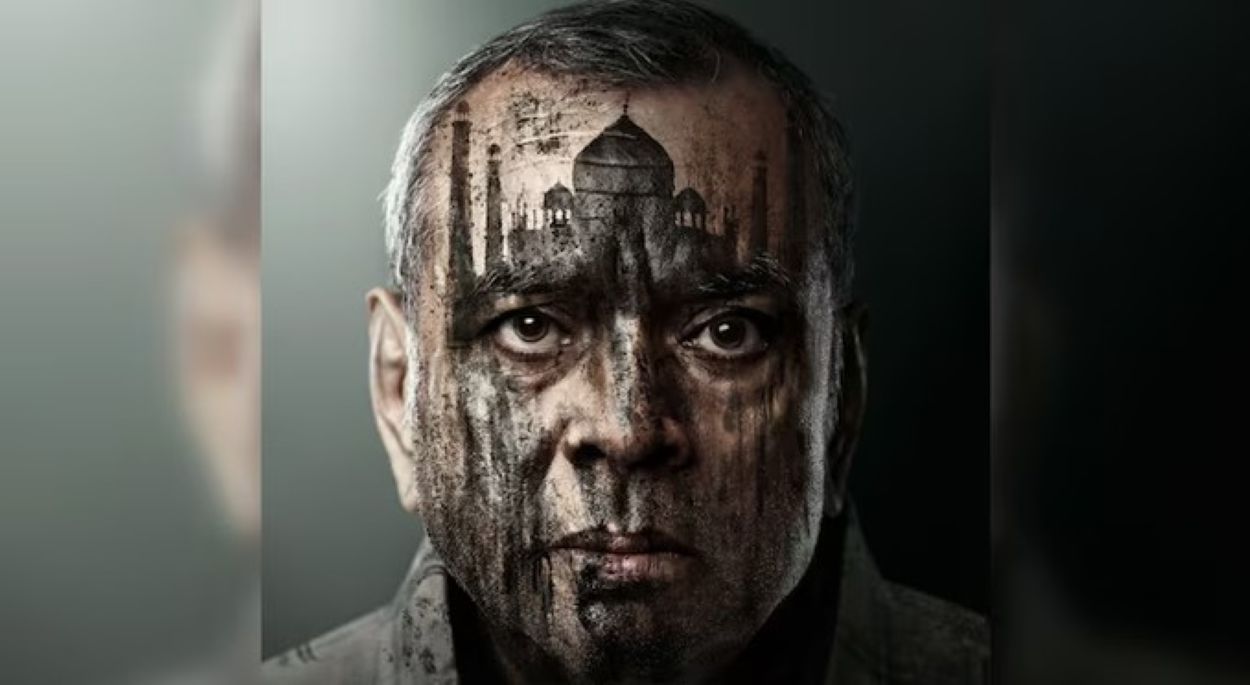The trailer for “The Taj Story,” featuring Bollywood veteran Paresh Rawal, has sparked debate due to its revisionist perspective on the history of the Taj Mahal.
Directed by Tushar Amish Goel, who is recognised for his 2017 tribute to Narendra Modi, the film is set to be released on October 31 and claims to be “inspired by true events.” In the film, Rawal portrays a tour guide who challenges the legacy of the Mughal-built monument, traditionally viewed as a symbol of love.
The trailer features Rawal’s character questioning, “Have you seen a monument with a dome and a kalash?” and suggesting, “The Taj Mahal needs a DNA test.” A viral line declares, “Taj Mahal is not a symbol of love; it’s a symbol of atrocity and genocide.” The film depicts Rawal fighting a courtroom case, alleging 22 locked rooms hide Hindu symbols, implying a temple origin—a theory debunked by historians and the Archaeological Survey of India (ASI).
has recently been released and is generating significant discussion due to its provocative subject matter and bolr "The Taj Story," starring Paresh Rawal and directed by Tushar Amrish Goel,#TheTajStoryTrailerOut @tusharamrish @SirPareshRawalpic.twitter.com/d4QGn9mG5C
— Kalpas Mitra (@KalpasM74802) October 17, 2025ASI’s former regional director KK Muhammed told The Indian Express, “Those rooms are maintenance corridors, not temples. No religious motifs exist.” The ASI confirms these are structural spaces common in Mughal architecture.
The Taj Story aligns with India’s recent wave of right-wing films, blurring history and ideology. Goel’s pro-BJP stance and Rawal’s provocative lines fuel political narratives, sparking debate on India’s past.
The film tests historical accuracy against cinematic provocation, reflecting India’s cultural divides. Its impact could shape public discourse.






